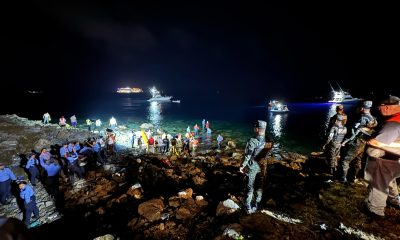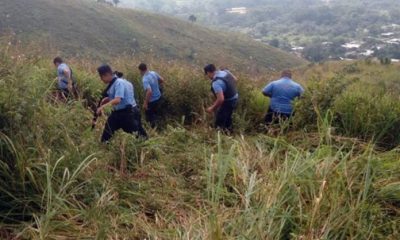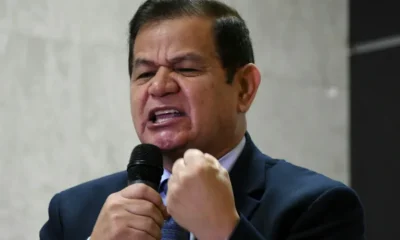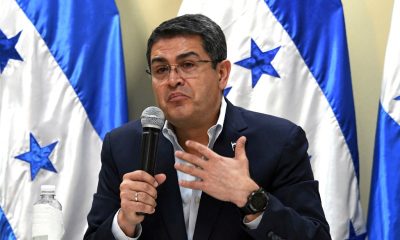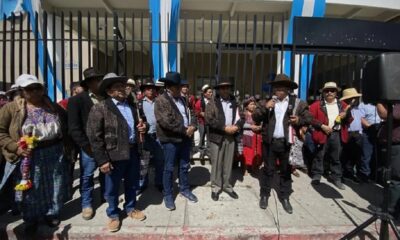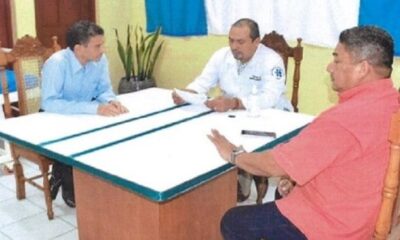Central America
Honduran Congress fails to reach agreement to elect Superior Court

November 24 |
The Permanent Commission of the Honduran Congress, which is composed of nine deputies of the ruling Libre party, including the head of the Legislative, Luis Redondo, appointed Wednesday a special commission to be in charge of the selection process of the judges of the Superior Court of Accounts (TSC).
Meanwhile, in a parallel session, the opposition benches agreed to create another commission to take charge of this selection. The constitutional period of work of the current officials of the TSC expires next December 7.
During this session of the opposition benches, deputy Iroshka Elvir (Partido Salvador de Honduras, PSH) served again as acting president, while Suyapa Figueroa (PSH) and Marlon Lara (Partido Liberal) served as secretaries. Days before, these deputies were denounced for usurpation of functions and abuse of authority.
What happened deepened the division within the Legislative, where out of 128 seats at least 65 correspond to opposition benches which insist on not dialoguing with the ruling party on core aspects of the legislative agenda, in this case the election of a group of authorities, which must be done in periods of time foreseen in the Constitution.
The member of the permanent commission, congresswoman and secretary of the Congress Luz Angélica Smith (Partido Libertad y Refundación, Libre, ruling party) announced that between November 27 and December 4, the Secretariat will be receiving nominations to integrate the TSC.
The special commission created by the Permanent Commission will conduct interviews with the candidates, examine their resumes, evaluate them and then must present a list for election.
The opposition rejected the election of the commission carried out by the Permanent Commission and reiterated its narrative that such body is trying to substitute the Plenary.
Due to the intransigence of the opposition benches, the Permanent Commission relied on the Constitution to appoint, weeks ago, authorities such as the Attorney General and the Deputy Attorney General.
Central America
Guatemala raises police death toll to nine after gang violence escalates
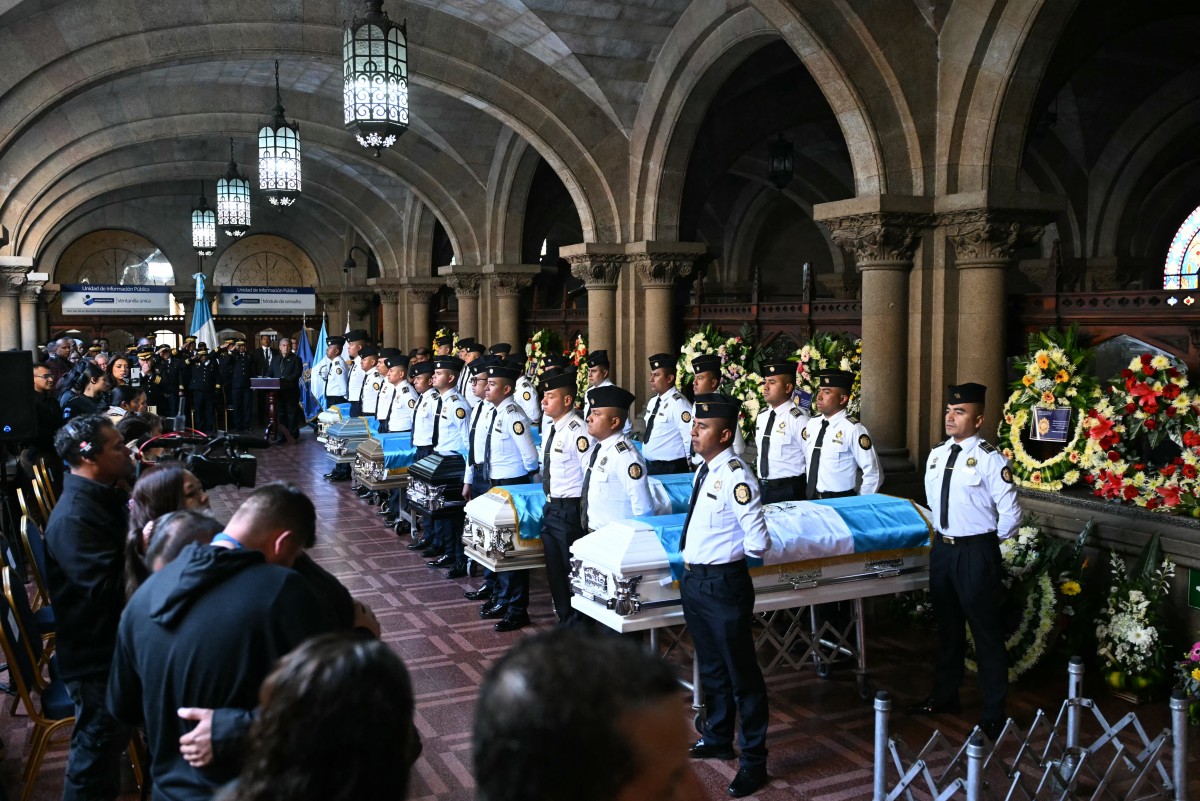
Guatemalan authorities raised the death toll of police officers killed in a wave of gang violence to nine on Monday, after one officer wounded in the attacks died from his injuries. The violence prompted the government to declare a state of siege.
Criminal gangs launched a series of coordinated attacks against police forces across several parts of the country in retaliation for the government’s recapture of three prisons, where gang leaders had been holding dozens of prison guards hostage. Authorities said the hostages were used to pressure officials into transferring gang leaders to facilities with looser security measures.
Eight police officers were killed on Sunday. Another officer, identified as Frayan Medrano, died Monday in a public hospital after being shot while riding a motorcycle with a colleague, who remains in critical condition, according to police and the Ministry of the Interior.
Central America
Guatemala prison uprisings leave 46 guards held by gangs

Gang members staged riots, took prison guards hostage and set fires on Saturday at several prisons in Guatemala, in protest over the transfer of their leaders to a maximum-security facility and the implementation of new confinement measures, authorities said.
The Barrio 18 and Mara Salvatrucha (MS-13) gangs — both designated as terrorist organizations by the United States and Guatemala — are accused of contract killings, extortion and drug trafficking. Guatemala’s Minister of the Interior, Marco Antonio Villeda, confirmed that the unrest affected three prison facilities.
Villeda said the riots did not result in any fatalities or injuries, but 46 prison guards are currently being held hostage by gang members.
The minister stated that the government is willing to engage in dialogue to secure the release of the detained personnel, regain control of the prison facilities and ensure that inmates submit to internal regulations and the rule of law.
“Dialogue, not negotiation. We are dealing with terrorist structures that are financed and well organized. These are terrorist groups with whom we will not negotiate. The State is acting with legitimacy and in accordance with the law,” Villeda said.
According to official figures, 18 guards are being held at the Renovación 1 prison and the Preventive Detention Center for Men in Zone 18 — nine at each facility — while another 28 guards are hostages at the Fraijanes 2 prison.
Villeda acknowledged that all three prisons remain under gang control, but stressed that authorities are prioritizing the safety of those being held. “We will guarantee their lives and respect for them. We will take whatever time is necessary to retake control of the prisons,” he said.
The minister also warned that the prison riots are part of what he described as an “orchestrated plan,” which has included road blockades in other parts of the country and the destruction of penitentiary infrastructure and records.
Central America
Bukele warns crime can become a ‘parallel government’ during visit to Costa Rica
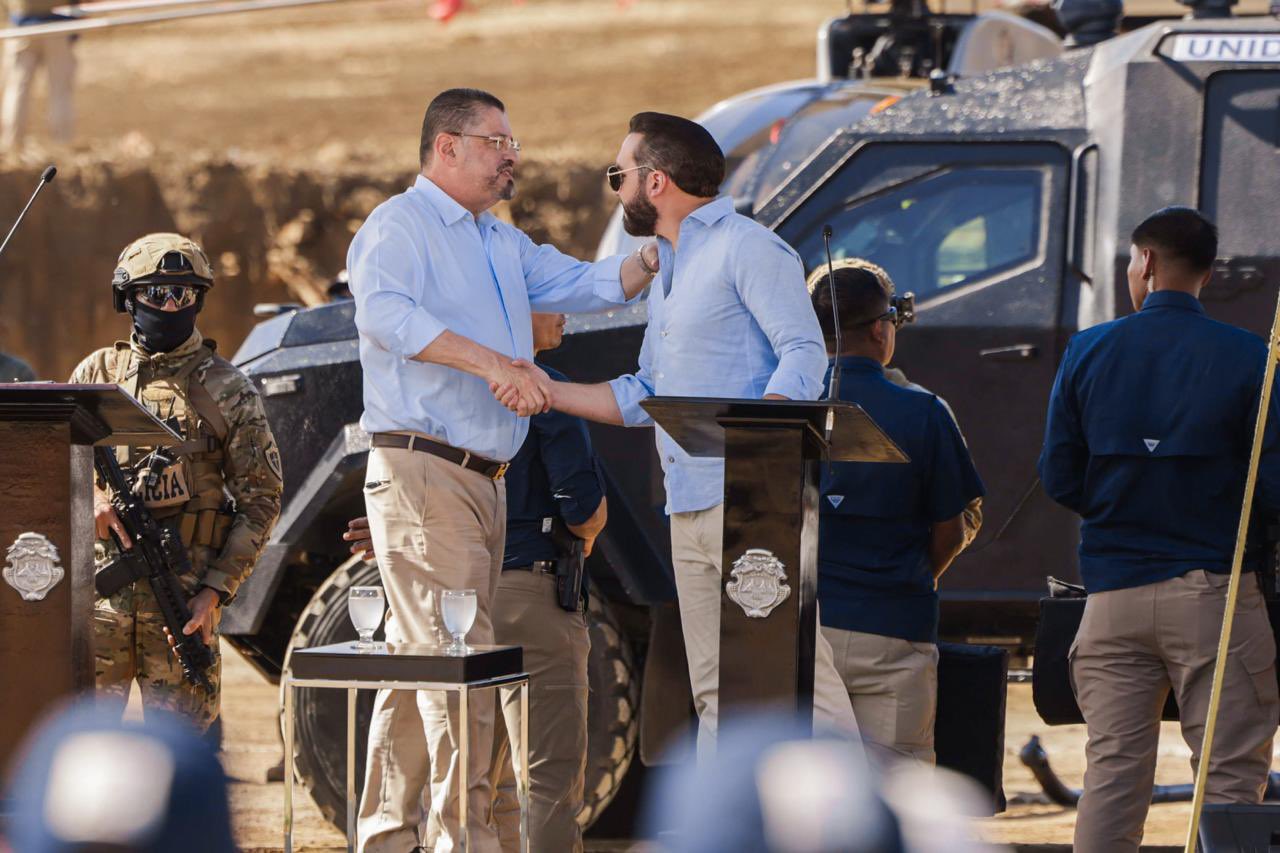
El Salvador’s President Nayib Bukele, accompanied by his official delegation, arrived at the site where the new facilities of the Center for the High Containment of Organized Crime (CACCO) are being built. Costa Rican President Rodrigo Chaves welcomed Bukele, marking the start of the cornerstone-laying ceremony.
“Thank you very much to President Rodrigo Chaves and his cabinet for this invitation,” Bukele said, noting that this was his fourth meeting with the Costa Rican leader in the past two years.
In his address, Bukele stressed that insecurity is a problem that undermines all aspects of society. “When insecurity advances, jobs collapse, education becomes more difficult, and the economy slows down. People stop going out, businesses close early, investment leaves, and tourism disappears,” he said.
The Salvadoran president warned that if crime continues to grow, it can turn into a parallel government—“the dictatorship of gangs, criminals, and drug traffickers.” He added that this situation has not yet occurred in Costa Rica and that the country is still in time to prevent it.
-

 International5 days ago
International5 days agoU.S. deportation flight returns venezuelans to Caracas after Maduro’s ouster
-

 International2 days ago
International2 days agoDeath toll from southern Spain train crash rises to 40
-

 Central America2 days ago
Central America2 days agoGuatemala raises police death toll to nine after gang violence escalates
-

 Central America3 days ago
Central America3 days agoGuatemala prison uprisings leave 46 guards held by gangs
-

 International2 days ago
International2 days agoOver 160 christian worshippers kidnapped in Kaduna Church attacks
-

 International1 day ago
International1 day agoDaily Mail publisher insists reports relied on legitimate sources amid privacy trial
-

 International3 days ago
International3 days agoChile declares state of catastrophe as wildfires rage in Ñuble and Biobío
-

 International1 day ago
International1 day agoGermany says football bodies alone will decide on possible World Cup boycott
-

 International5 days ago
International5 days agoFormer South Korean President Yoon sentenced to five years in prison
-

 International2 days ago
International2 days agoSpain’s Prime Minister pledges transparency after train crash kills at least 39
-

 International4 hours ago
International4 hours agoMexican influencer “La Nicholette” kidnapped in exclusive area of Culiacán
-

 International4 hours ago
International4 hours agoTrump announces preliminary NATO agreement on Greenland, suspends tariffs on Europe
-

 International4 hours ago
International4 hours agoMajor winter storm to blanket U.S. and Canada with snow, ice and arctic cold
-
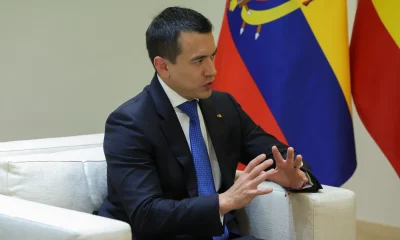
 International2 hours ago
International2 hours agoColombia slams Ecuador’s 30% tariff as ‘economic aggression’
-
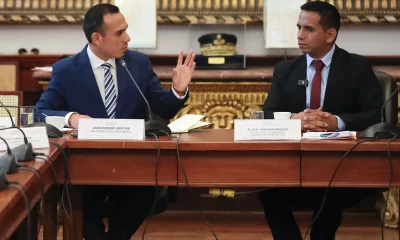
 International3 hours ago
International3 hours agoJosé Jerí claims destabilization attempt after videos of secretive meetings surface



























